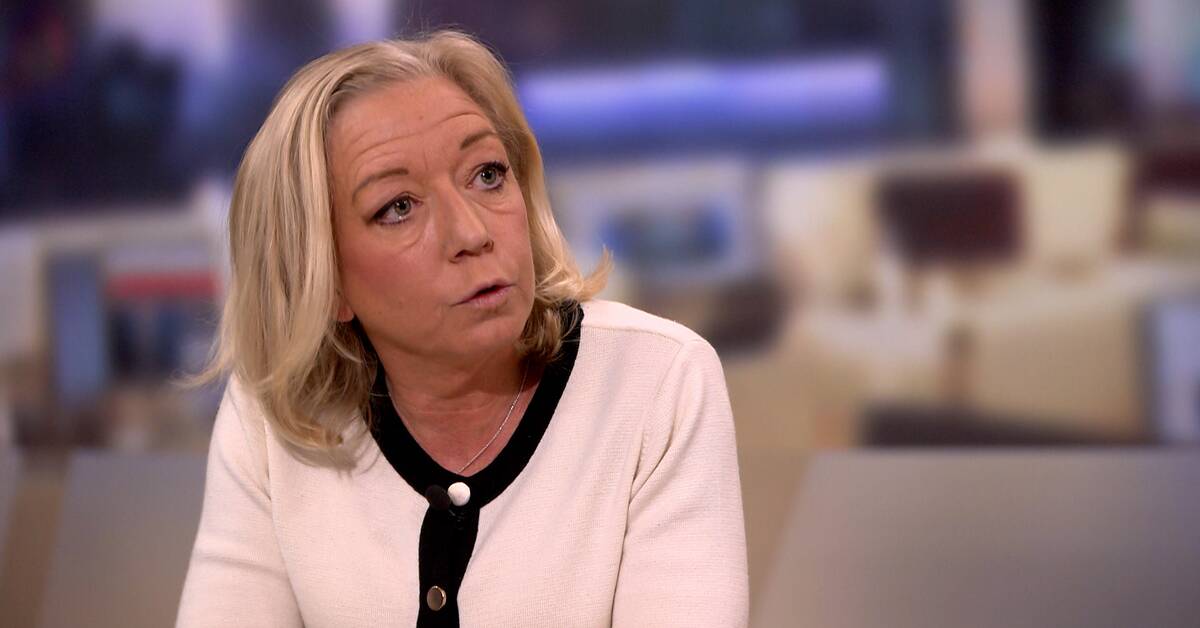Moderate leader Ulf Kristersson has said before the election in September that if he wins the election, the request will be sent in, regardless of how the Social Democrats respond to such an application.
- This is a way of trying to take the initiative in the NATO issue in a situation where public opinion is becoming increasingly positive.
But it is also about sending a signal to Finland that there is a different line in Sweden than the government's.
The moderates hope and believe in a Finnish yes and believe that a skeptical attitude from Sweden can affect Finland negatively, says SVT's domestic policy commentator Elisabeth Marmorstein in Morgonstudion.
The issue of NATO membership has been discussed in the party for a long time, but the issue has been high on the agenda after Russia's invasion of Ukraine.
- The Moderates have been in favor of NATO membership since 2003 and as far as I can judge, there is broad support that it is time to take action now.
It may be that there are those in the party who think it is stupid to go into polemics with the Social Democrats during a war, but in that case they are silent, says Marmorstein.
Both the government and the opposition want to see a common line in defense policy.
Marmorstein believes that the Moderates' decision to apply regardless of how the Social Democrats approach the issue can irritate both the government and potential future co-operation parties.
- The Social Democrats are annoyed because they have their own line and do not want this issue to be pushed forward by the Moderates.
The Sweden Democrats are not entirely satisfied either.
They have emphasized that Kristersson cannot make a commitment on NATO as long as a possible Moderate-led government is dependent on the Sweden Democrats.
What the Moderates are doing in practice is actually giving the Sweden Democrats a great deal of influence over whether Sweden should join NATO or not, by saying that a majority in the Riksdag is enough, says Marmorstein.

